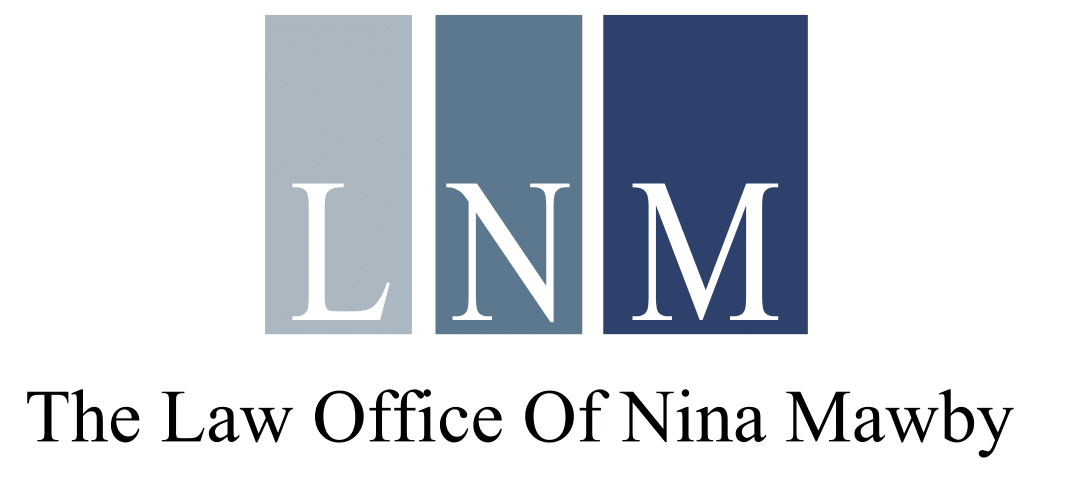Legal Permanent Residence/Greencard
An "immigrant" is any person who is not a citizen of the United States and is residing in the United States under legally recognized and lawfully recorded permanent residence. This is also referred to as "Permanent Resident Alien," "Resident Alien Permit Holder," and "Green Card Holder."
To be eligible to apply for an immigrant visa, a foreign citizen generally must be sponsored by a United States citizen relative(s), United States lawful permanent resident, or by a prospective employer.
Employment Based Green Cards
An employer can seek legal permanent residency (greencard) for their employees. The road to a greencard through an employer is generally a three step process. First, is the labor certification utilizing the PERM process followed by the I-140 Visa Petition. Lastly, the adjustment of status is completed. When your company wants to hire foreign workers to permanently work in the United States, you can file for permanent employment certification on their behalf under the PERM program. This is a cumbersome process, but the persistent attorneys at The Law Offices of Nina Mawby know how to guide you through the three steps:- Labor certification
- Visa petition
- Adjustment of status or consulate processing
- EB-1 Extraordinary Ability Visas — for those with specialized sills, such as outstanding researchers or multinational executives
- EB-2 Advanced Degree Visas — requires an advanced degree, exceptional ability or a national interest waiver
- EB-3 Skilled Worker Visas — available to skilled workers, professionals or other workers
- EB-4 Religious Worker Visas — for members of the clergy, broadcasters, physicians, armed forces members, certain translators and members of selected international organizations
- EB-5 Employment Creation Visas — used by investors seeking a new commercial enterprise in the United States
Family Based Green Cards
Lawyers who help bring people together
The immigration lawyers at The Law Offices of Nina Mawby help U.S. residents bring their relatives to join them in the United States. The firm directly works with individuals who wish to be joined by their loved ones, as well as businesses that seek to help their employees bring their families to the United States. There are numerous methods of obtaining a family-based Green Card, and the firm's attorneys help you choose the most practical approach.Confirming the sponsor's documentation
The Law Offices of Nina Mawby first ensures that the U.S. resident is properly qualified to sponsor a relative for a family-based Green Card. Their attorneys confirm that the sponsor:- Is a citizen or lawful permanent resident over the age of 21
- Has documentation of citizenship or resident status
- Can provide proof of the ability to support the relative at 125 percent above the mandated poverty line
Applying for a family-based Green Card
The Immigration and Nationality Act allows family-based Green Cards to be issued to immediate relatives of U. S. citizens as soon as the application is approved. An immediate relative is a- Parent
- Spouse
- Unmarried child under the age of 21
- First preference (F1) - Unmarried adult sons and daughters of United States citizens
- Second preference (F2) - Spouses, children and unmarried sons and daughters of permanent residents
- Third preference (F3) - Married sons and daughters of United States citizens
- Fourth preference (F4) - Brothers and sisters of United States citizens
